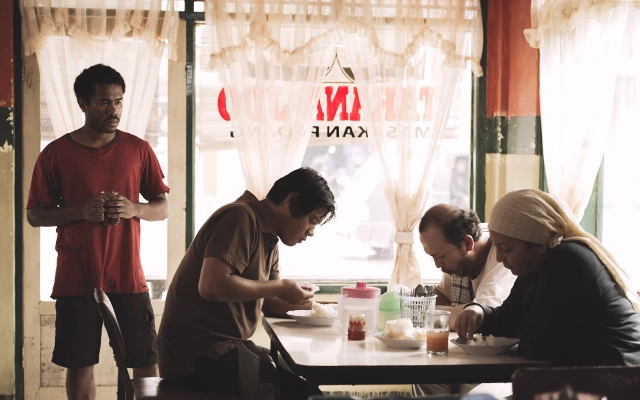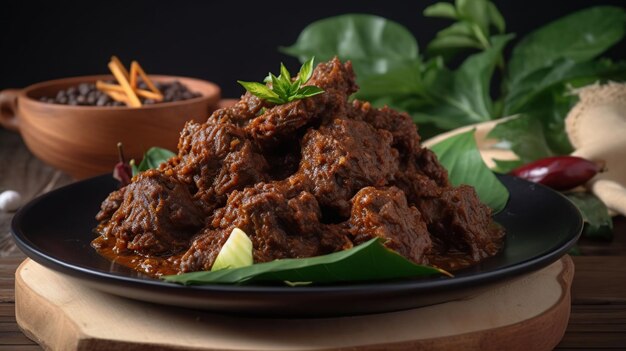
“Tabula Rasa” (2014): Tale of Food, Culture, and Redemption
admin
- 0
littlecellist.com – “Tabula Rasa,” a 2014 Indonesian film directed by Adriyanto Dewo, offers a delightful blend of culinary artistry and human connection. The film explores themes of redemption, hope, and the cultural significance of food, capturing the essence of Indonesian diversity and hospitality.
Plot Summary
The story follows Hans, a young man from Papua, who dreams of becoming a professional soccer player. However, his aspirations are crushed when he suffers a career-ending injury. Disheartened and adrift in Jakarta, Hans encounters Mak, a Minang restaurant owner, who takes him under her wing. The film chronicles Hans’s journey as he learns the art of cooking Minang cuisine, discovering a sense of belonging and purpose.
Cultural Significance of Food
“Tabula Rasa” highlights the central role that food plays in Indonesian culture, serving as a bridge between diverse communities. The film showcases mouth-watering Minang dishes, emphasizing how cooking and sharing food can foster connection and healing. Through Mak’s mentorship, Hans learns not only culinary skills but also the importance of preserving cultural heritage.
Character Development and Performances
Jimmy Kobogau delivers a compelling performance as Hans, portraying his character’s transformation with authenticity and depth. Dewi Irawan shines as Mak, offering a warm and nuanced portrayal of a woman whose resilience and compassion inspire those around her. The chemistry between the cast members underscores the film’s heartfelt narrative.
Themes of Redemption and Belonging
At its core, “Tabula Rasa” is a story about second chances and finding one’s place in the world. Hans’s journey from despair to hope is a testament to the power of community and acceptance. The film beautifully illustrates how new beginnings can emerge from unexpected places, and how food can serve as a catalyst for personal growth and reconciliation.
Cinematic Excellence
The film’s rich cinematography captures the vibrant streets of Jakarta and the intricate details of Minang cuisine, immersing viewers in a sensory experience. The thoughtful direction and screenplay by Adriyanto Dewo and Tumpal Tampubolon, respectively, ensure that the film resonates with audiences on both emotional and cultural levels.
Conclusion
“Tabula Rasa” is more than just a film about food; it is a celebration of Indonesia’s cultural diversity and the human spirit’s capacity for resilience. It invites viewers to savor the flavors of life and reminds us of the bonds that unite us through shared experiences.


